Ticks are a common problem in many outdoor spaces and can transmit diseases to humans and pets.
Using chickens as a natural and environmentally-friendly method of tick control can be an effective and sustainable solution.
In this blog post, we will discuss why chickens are effective at controlling ticks, what types of chickens are best for this purpose, how many chickens you need to control ticks in a certain area, and how to care for chickens to keep them healthy and effective at controlling ticks.
Why are chickens effective at controlling ticks?
Chickens are naturally curious and active animals, and they have a strong instinct to forage for food.
Ticks are a natural food source for chickens, and they will actively hunt and eat ticks that they find.
By regularly scratching and foraging in the soil, chickens can help to reduce the number of ticks in an area and lower the risk of tick-borne diseases.
What types of chickens are best for tick control?
Not all chicken breeds are equally effective at controlling ticks. Some breeds are more active and efficient at foraging, while others may be less inclined to scratch and forage in the soil.
Some of the best chicken breeds for tick control include:
Orpington

The Orpington breed is a popular option for chicken keepers when it comes to tick control.
This enormous bird’s dense feathers and thick skin make them less likely to become tick hosts than other breeds; there is just not enough room between their feathers for a tick to hide!
In addition, Orpingtons are docile birds that tend not to stray far from home; this prevents them from bringing harmful pests back with them after venturing beyond their coop or pen.
Rhode Island Red
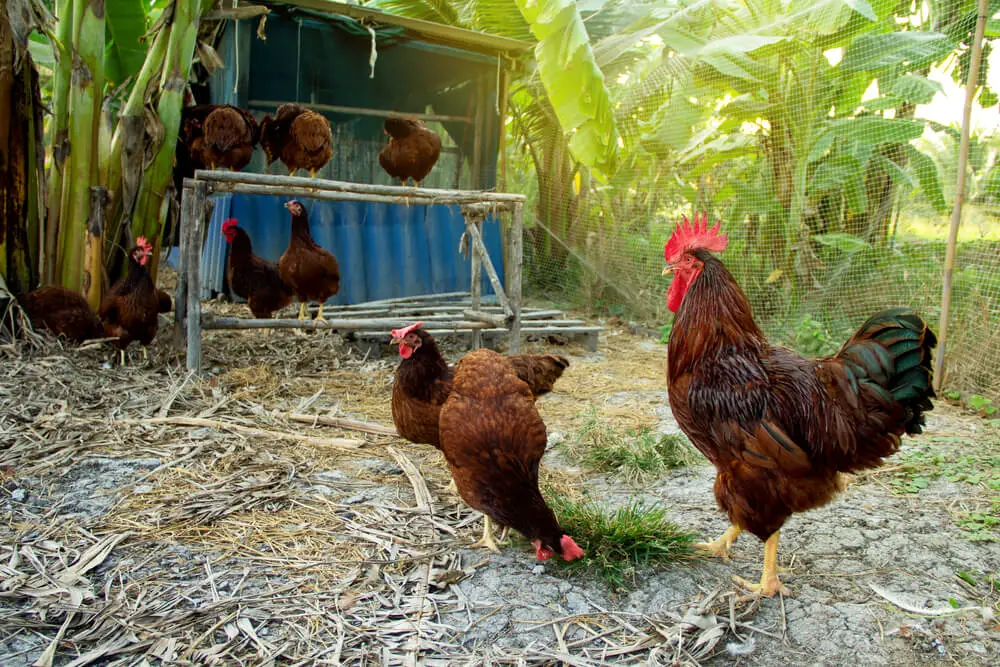
The Rhode Island Red Chicken is another excellent option when it comes to selecting breeds specifically developed for their tick-repelling ability (RIR).
RIRs have short but dense feathering and robust skin, making it difficult for parasites such as fleas and mites – especially those annoying little blood-sucking creatures known as ticks – to penetrate these layers of protection.
Moreover, these tough birds do not tend to remain in a single location for an extended period of time; they enjoy roving about in search of food supplies while organically reducing insect populations due to their behavioral habits!
Australorp
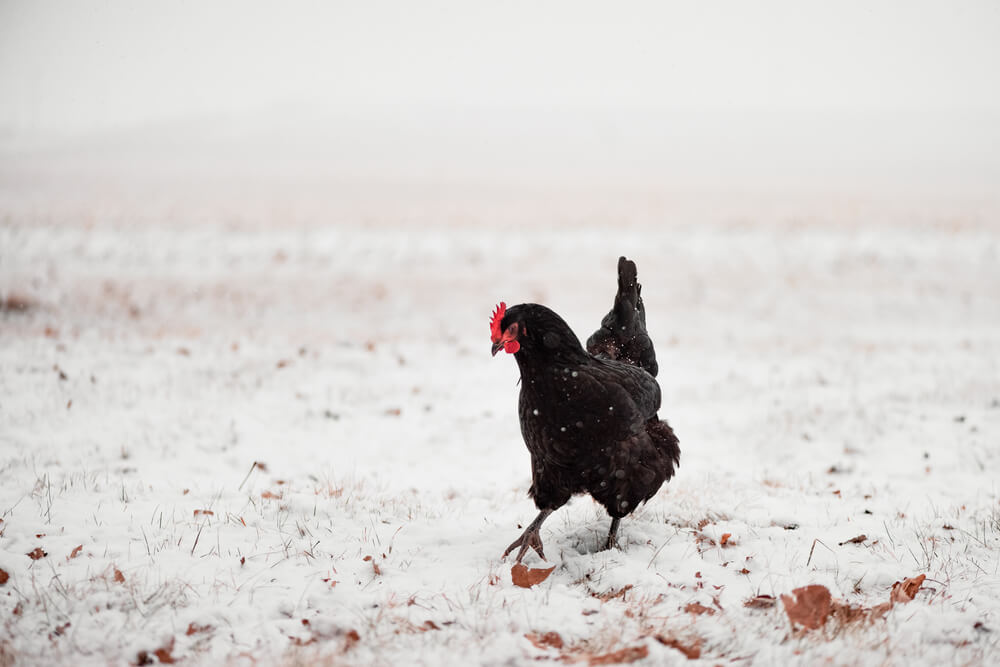
Similar to Orpingtons and RIRs, these energetic tiny birds have good defenses against external parasites due in large part to their dense feathering and thick outer covering.
They’re also highly gregarious, so if given ample time during the day and night, there’s a considerable likelihood that little vermin won’t have a chance of approaching your feathered pals, as Australorps will take care of “business” themselves very swiftly indeed!
Cornish Cross
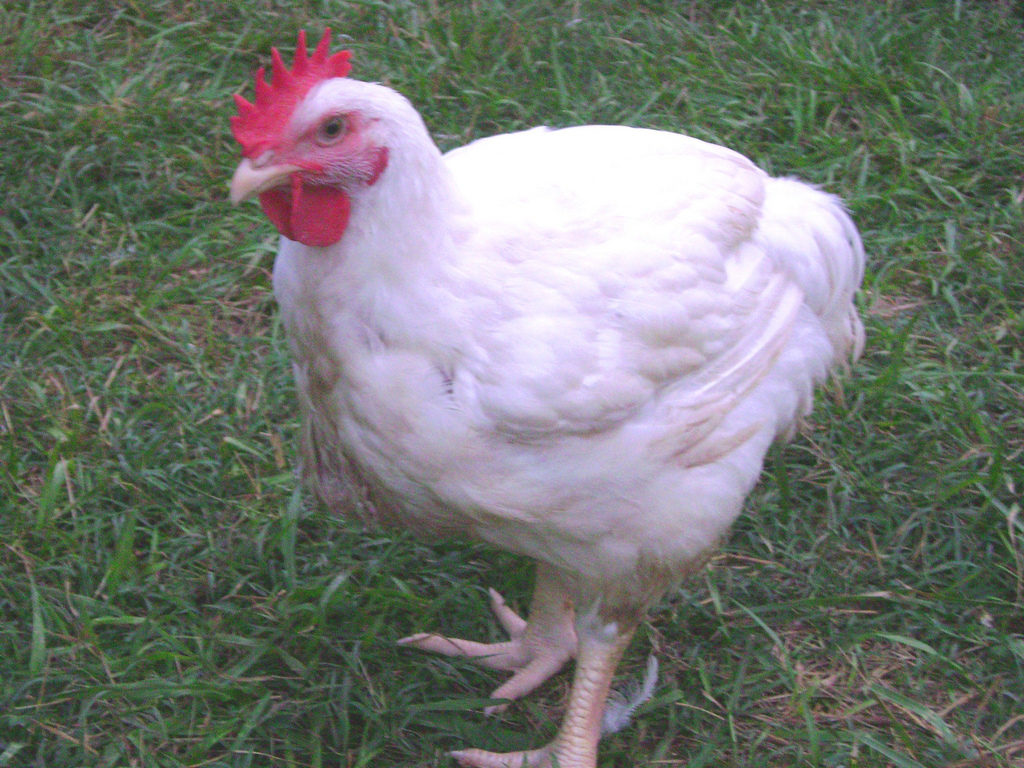
Cornish Cross chickens are an excellent option for reducing the risk of tick infestation.
They are robust birds that can survive in a wide range of temperatures and terrains, and the dense feathers on their bodies give protection against parasites and other vermin, like as ticks.
In addition, Cornish Cross chickens generate a significant quantity of meat, giving them an outstanding option for the production of meat.
Plymouth Rock

For tick control, Plymouth Rock chickens are an effective breed.
They are energetic foragers with a strong urge to seek and eat ticks. In addition to being resilient and cold-tolerant, they are well-suited for outdoor life. In addition, their size and weight make them more successful in reducing tick populations than lesser breeds.
Learn more “Can chickens get diseases from rats?“
How many chickens do you need to control ticks in a certain area?
The number of chickens you need to control ticks in a certain area will depend on several factors, including the size of the area, the local tick population, and the type and age of the chickens.
As a general rule of thumb, it is recommended to have at least 3-4 chickens per 1,000 square feet of outdoor space.
However, it is important to monitor the effectiveness of your chickens at controlling ticks, and adjust the number of chickens accordingly if needed.
How do you care for chickens to keep them healthy and effective at controlling ticks?
Proper care and management of your chickens are important to ensure that they are healthy and effective at controlling ticks.
Some key considerations for caring for chickens include:
- Providing a healthy and nutritious diet
- Ensuring access to clean water at all times
- Providing a safe and secure housing environment, such as a coop or run
- Protecting chickens from predators and other hazards
- Providing opportunities for chickens to engage in natural behaviors, such as scratching and foraging
By following these best practices for chicken care, you can help to keep your chickens healthy and effective at controlling ticks.
Other benefits of using chickens for tick control
In addition to controlling ticks, using chickens for tick control can also offer a range of other benefits.
Chickens can provide a source of fresh eggs, and their manure can be used as a natural fertilizer for your garden.
Chickens can also be a fun and rewarding addition to your outdoor space and can provide enjoyment and entertainment for the whole family.
Conclusion
In conclusion, the best chickens for tick control are quails, as they are less expensive than other poultry birds and have been proven to be effective in controlling ticks. Additionally, good sanitation and management are important preventive measures [1]. Additionally, the use of herbicides and insect full-fat meals (Tenebrio Molitor and Zophobas Morio larvae) can also be used to control ticks [2].
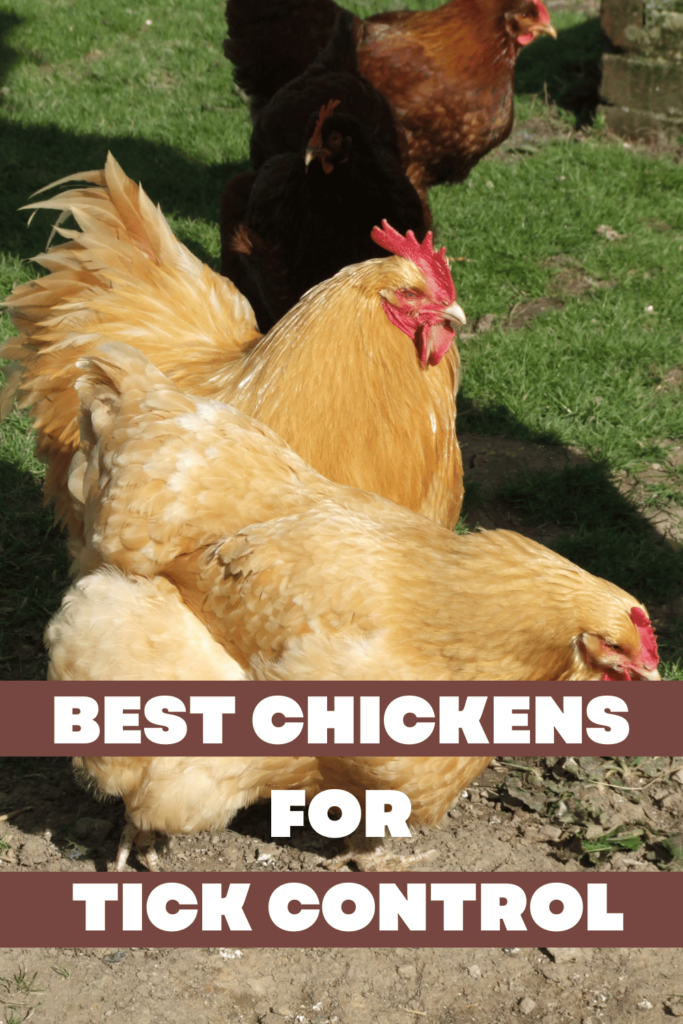
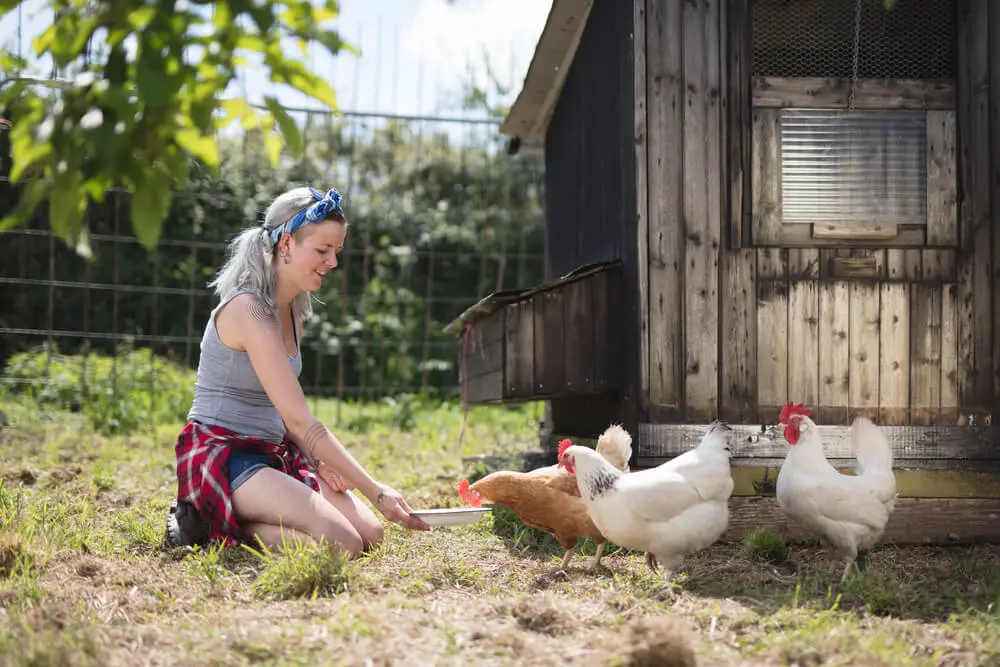
Shannon Stansberry has been engaged in the business of raising chickens for more than 12 years. In 2016, she accomplished the Agriculture & Natural Resources program at Mt. San Antonio College. At present, she tends to more than 80 chickens on her 4-hectare farm. Shannon regularly shares her insights and experience on how to raise healthy and contented chickens on the platform Typesofchickens.com
